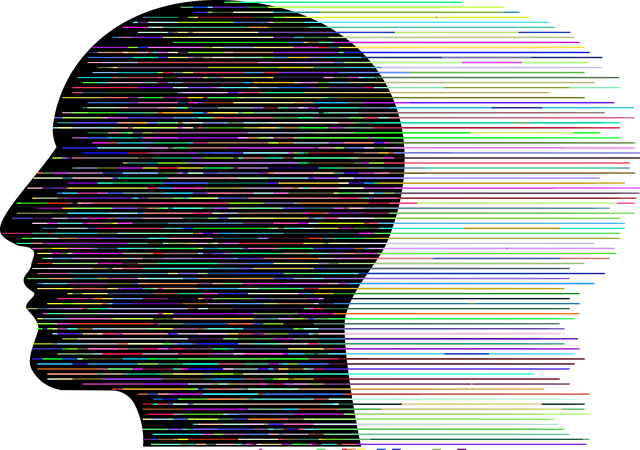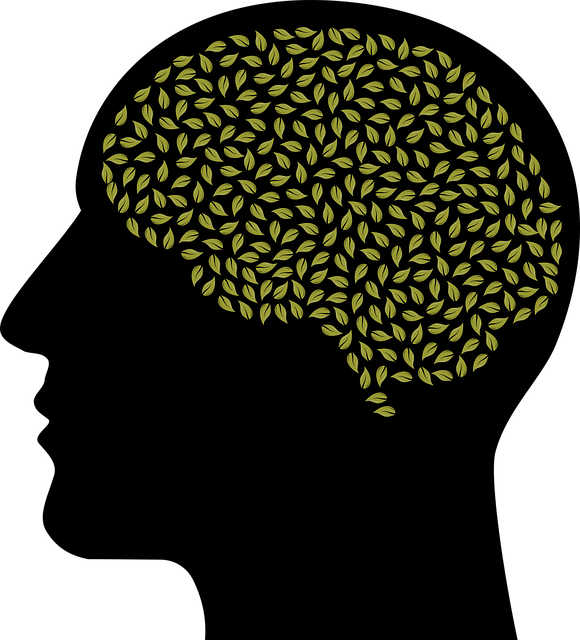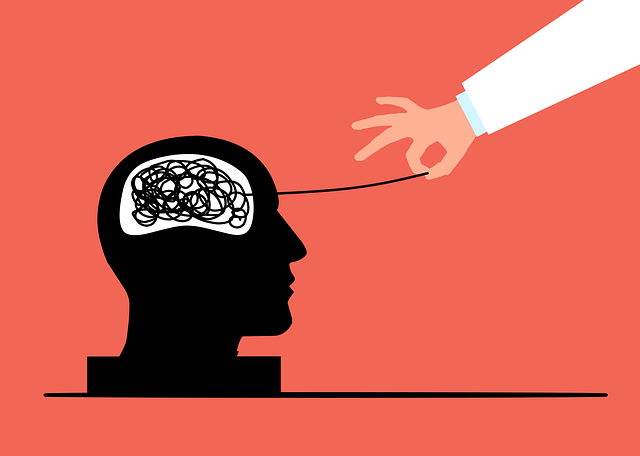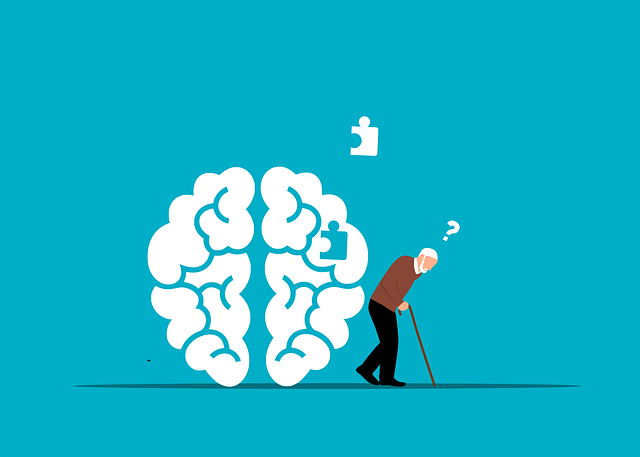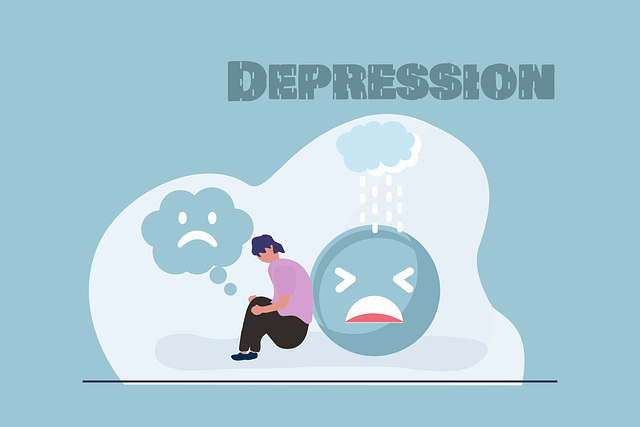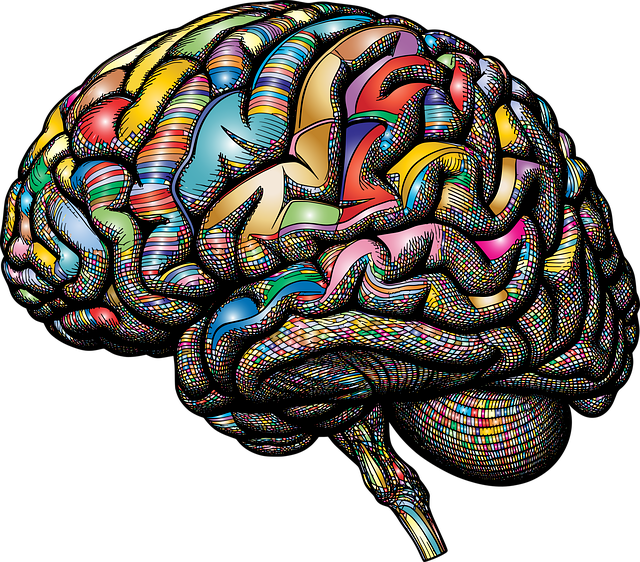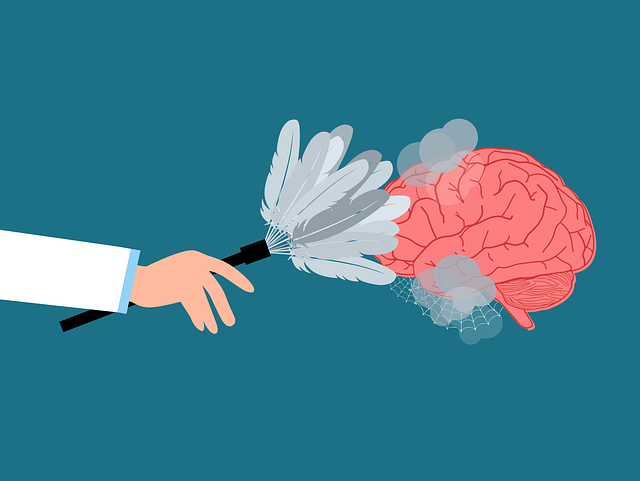Wheat Ridge Hypnosis Therapy leverages diverse mental health data sources, from structured surveys to self-reported experiences, for comprehensive analysis. Data preprocessing ensures integrity by addressing errors and inconsistencies, enabling therapists to employ tailored guidance and effective treatments like hypnosis. Advanced statistical and machine learning techniques uncover insights from complex datasets, informing policy development and community outreach programs. This data-driven approach personalizes interventions, enhances therapy effectiveness, and contributes to mental health education through culturally sensitive practices. Confidentiality and privacy are paramount, with robust security measures and informed consent protecting patient information. Trained professionals interpret data subjectively, providing tailored interventions like Anxiety Relief and Emotional Healing.
Mental health data analysis plays a pivotal role in understanding complex human behaviors and improving therapeutic outcomes. This article delves into the intricacies of collecting, preprocessing, and analyzing mental health data, highlighting essential techniques for interpretation. We explore various sources of data, from patient records to research studies, focusing on Wheat Ridge Hypnosis Therapy as a case study. By navigating challenges and ethical considerations, we aim to provide insights that enhance therapeutic strategies, ultimately benefiting individuals seeking mental wellness.
- Understanding Mental Health Data: Collection and Sources
- Preprocessing and Cleaning Data for Accurate Analysis
- Techniques for Data Analysis in Mental Health Research
- Interpreting Results: Insights and Implications for Wheat Ridge Hypnosis Therapy
- Challenges and Ethical Considerations in Mental Health Data Interpretation
Understanding Mental Health Data: Collection and Sources

Understanding Mental Health Data is a foundational step in any analysis process, especially when aiming to enhance and guide mental wellness through services like Wheat Ridge Hypnosis Therapy. Data collection involves diverse sources, from structured surveys and clinical records to less formal methods such as Mental Wellness Journaling Exercises and self-reported experiences. These sources offer valuable insights into individuals’ emotional well-being, stress management strategies, and overall mental health status.
For instance, a simple yet effective technique for data gathering is prompting clients to maintain detailed journals where they record their thoughts, feelings, and coping mechanisms. This practice not only aids in identifying patterns but also serves as a powerful tool for self-reflection and emotional well-being promotion. By analyzing these records, therapists can offer tailored guidance, enhancing the effectiveness of treatments like hypnosis and contributing to broader strategies for stress management.
Preprocessing and Cleaning Data for Accurate Analysis

Before diving into the intricate process of mental health data analysis, it’s crucial to lay a solid foundation through proper data preprocessing and cleaning. This initial step is akin to preparing a canvas for an artist—ensuring the data is free from errors, missing values, and inconsistent formats. At Wheat Ridge Hypnosis Therapy, we understand that clean data is the cornerstone of accurate insights. Skilled therapists often employ techniques like identifying and handling outliers, filling in missing gaps through imputation methods, and standardizing data to create a cohesive picture.
This meticulous process mirrors the approach to crisis intervention guidance, where every detail matters. By implementing these practices, therapists can focus on interpreting trends rather than being distracted by noise in the data. Similarly, mental wellness journaling exercises and stress management techniques can indirectly aid this phase by promoting consistent data collection, further enhancing the analysis’s reliability.
Techniques for Data Analysis in Mental Health Research

In mental health research, advanced data analysis techniques play a pivotal role in uncovering meaningful insights from complex datasets. One effective approach is utilizing statistical methods tailored to explore correlations and trends within mental health populations. For instance, analyzing survey responses or clinical records through regression models can help identify factors influencing depression or anxiety disorders. Additionally, machine learning algorithms offer promising prospects for identifying patterns in large-scale data, potentially predicting risks of psychological distress and guiding personalized interventions, such as those provided by Wheat Ridge Hypnosis Therapy.
Beyond statistical analysis, qualitative methods enrich the understanding of mental health experiences. Techniques like thematic analysis and grounded theory allow researchers to delve into textual data (e.g., therapy sessions or interviews) to uncover emerging themes related to well-being. Incorporating these diverse analytical tools—from quantitative statistical methods to qualitative exploration—enables a comprehensive Mental Health Policy Analysis and Advocacy, ultimately informing the development of effective Community Outreach Program Implementation and Self-Awareness Exercises tailored for improved mental health outcomes.
Interpreting Results: Insights and Implications for Wheat Ridge Hypnosis Therapy

When analyzing mental health data, the insights derived can have profound implications for Wheat Ridge Hypnosis Therapy. By interpreting results from well-designed Mental Health Education Programs and Healthcare Provider Cultural Competency Training initiatives, therapists can gain valuable insights into client populations, common issues, and effective treatment modalities. This data-driven approach allows for a more tailored and personalized therapy experience.
For instance, stress management techniques often emerge as key components in successful hypnosis sessions. Understanding the specific stressors and coping mechanisms within different demographic groups can help Wheat Ridge Hypnosis Therapy develop targeted interventions. This not only enhances the effectiveness of treatment but also contributes to broader mental health education efforts by highlighting culturally sensitive practices that address diverse client needs.
Challenges and Ethical Considerations in Mental Health Data Interpretation

Mental health data interpretation presents unique challenges that demand careful navigation. One significant hurdle is ensuring confidentiality and privacy for sensitive patient information. As Wheat Ridge Hypnosis Therapy collects and analyzes data, it’s crucial to adhere to strict ethical guidelines to protect individuals’ identities. This includes implementing robust security measures to safeguard digital records from unauthorized access or breaches, adhering to legal standards such as HIPAA (Health Insurance Portability and Accountability Act), and obtaining informed consent for data use.
Additionally, the subjectivity inherent in mental health assessments adds another layer of complexity. Interpretation requires not only technical proficiency but also empathy and cultural sensitivity. For instance, what may be considered a severe anxiety disorder in one patient might manifest differently in another, influenced by personal history, socio-cultural factors, or unique coping mechanisms. This calls for trained professionals who can provide nuanced insights, ensuring that interventions like Anxiety Relief, Emotional Healing Processes, and Crisis Intervention Guidance are tailored to individual needs rather than applying standardized solutions.
Mental health data analysis plays a pivotal role in advancing our understanding of psychological conditions and guiding therapeutic practices, including those at Wheat Ridge Hypnosis Therapy. By employing robust techniques for data collection, preprocessing, and interpretation, researchers can uncover valuable insights that enhance mental health care. However, it is essential to navigate challenges and ethical considerations to ensure the responsible use of these analyses, ultimately benefiting individuals seeking support from Wheat Ridge Hypnosis Therapy and similar practices.
